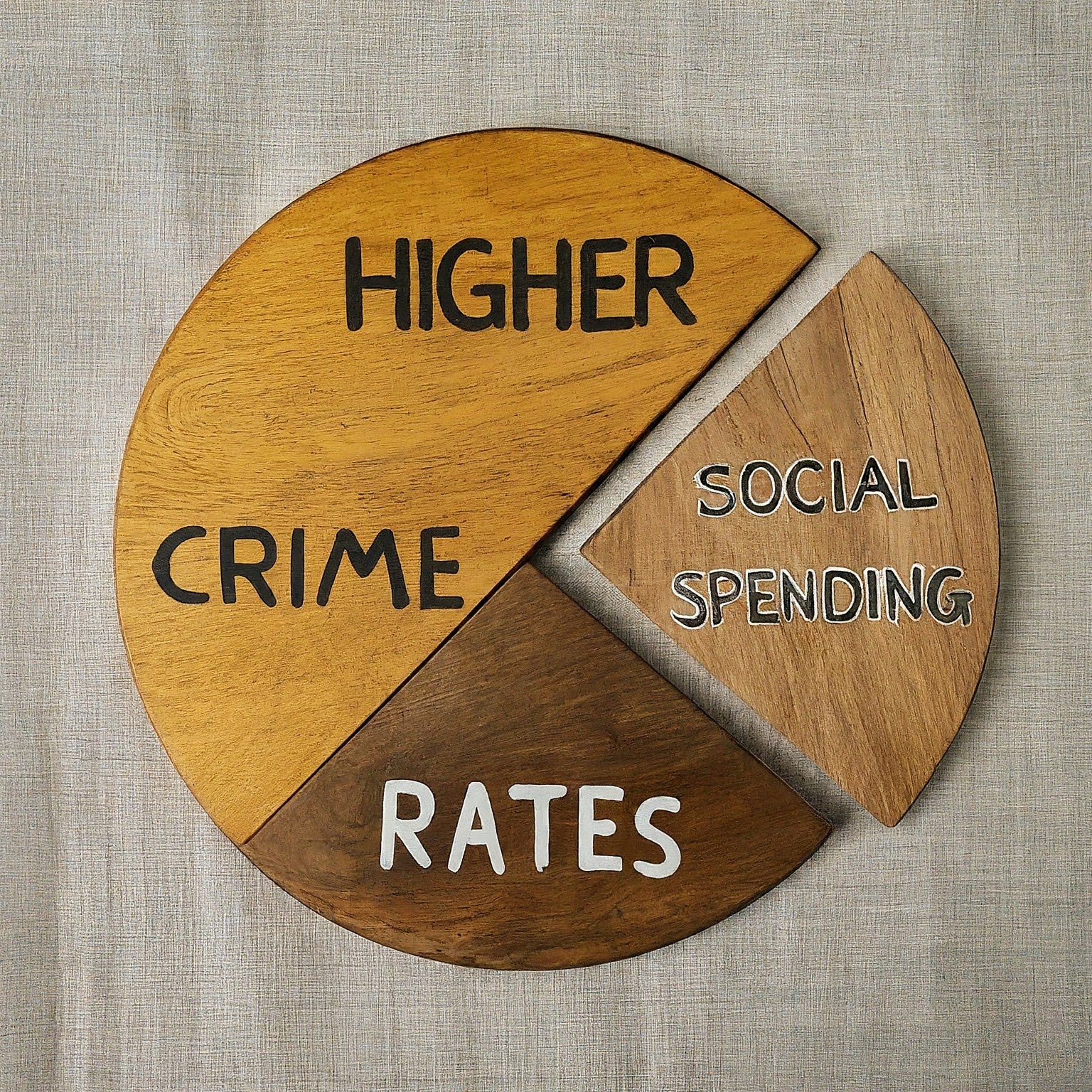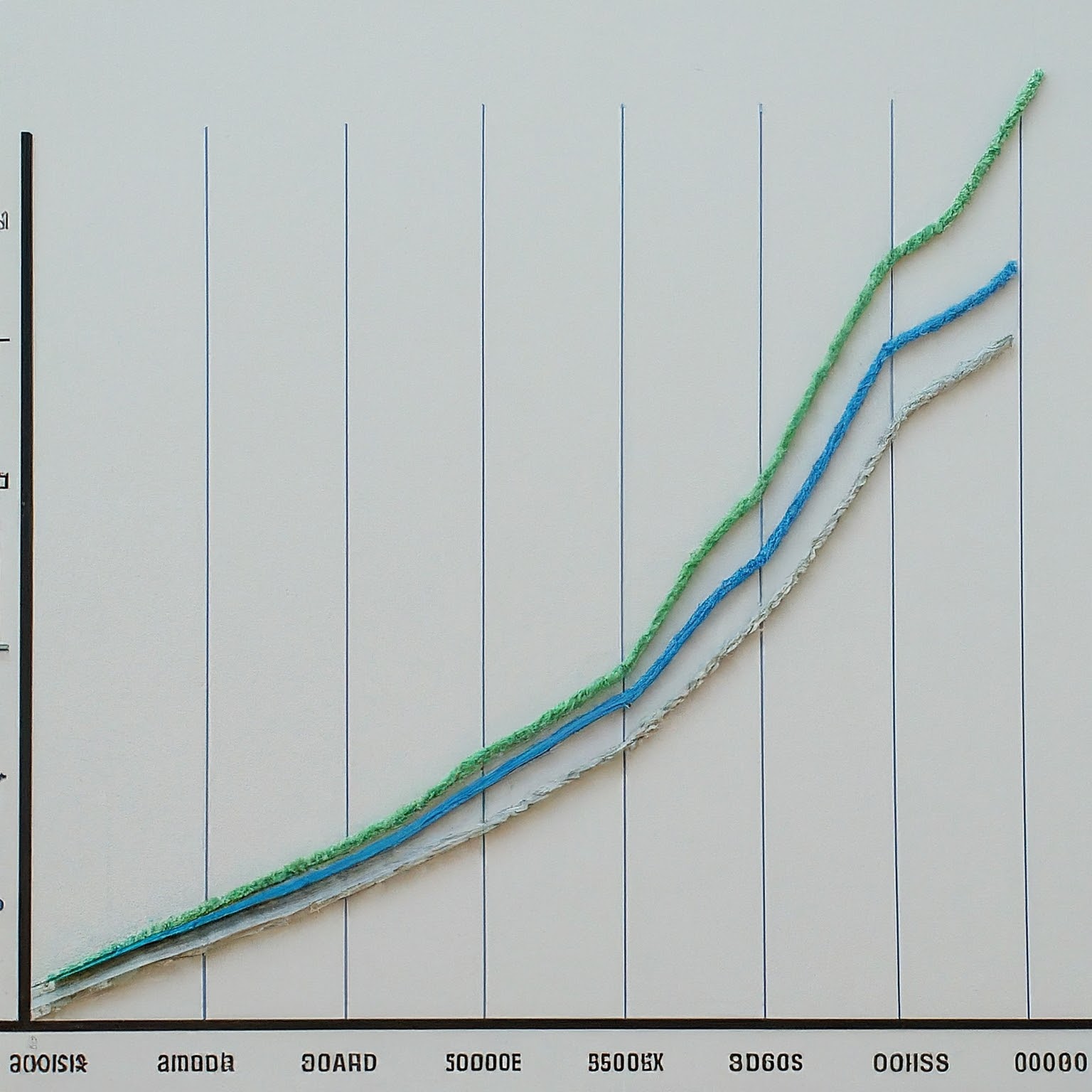About the Author:
Dr. Amelia Moore, a leading economist with over 15 years of experience in social development, dives into the economic realities of poverty and the transformative power of education. Her research focuses on closing the achievement gap and empowering communities through accessible, high-quality education.
The Cycle of Poverty: A Harsh Reality
Policymakers, educators, and social workers understand the complex realities of poverty. It’s a web of interconnected challenges that limit opportunities and trap individuals and families in a cycle of hardship. Limited access to education is often a key link in this cycle.
Education: The Disruptor with Dividends
Education doesn’t just equip individuals with knowledge and skills; it’s a powerful tool for economic mobility. Here’s why investing in education is the smartest investment we can make:
-
Higher Earning Potential: Studies by the World Bank show a significant correlation between educational attainment and increased lifetime earnings. Individuals with higher levels of education are more likely to secure better-paying jobs and financial security.
-
Greater Tax Revenue: An educated workforce translates to a more productive economy. This translates to higher tax revenues which can be used for further social investments, including education itself.
-
Reduced Social Costs: Education plays a crucial role in reducing crime rates, improving health outcomes, and fostering social cohesion. By investing in education, we invest in a healthier, safer society for all.

Investing in Our Future: Strategies for Success
To truly break the cycle of poverty, we need a multi-pronged approach that prioritizes education at all levels.
A. Early Childhood Education: Building a Strong Foundation
Early childhood education lays the groundwork for future success. Investing in high-quality preschool programs provides children from low-income backgrounds with the cognitive and social skills necessary to thrive in school and beyond.
B. Equitable Access to Quality Education
All students, regardless of socioeconomic background, deserve access to quality education. This means ensuring well-resourced schools, qualified teachers, and a curriculum that prepares students for college, career, and civic life.
C. Empowering Educators: The Backbone of Change
Teachers are the changemakers in our classrooms. Providing educators with ongoing professional development, competitive salaries, and supportive working environments is crucial for attracting and retaining top talent.
D. Addressing Social Determinants of Learning
Factors outside the classroom walls, such as poverty, food insecurity, and unstable housing, can significantly impact a child’s ability to learn. We need comprehensive strategies that address these social determinants of learning to ensure all students have an equal opportunity to succeed.

Return on Investment: The Numbers Don’t Lie
The benefits of investing in education extend far beyond individual success. Consider the following:
| Factor | Cost of Inaction | Investment in Education |
|---|---|---|
| Lifetime Earnings | Lower average earnings | Increased tax revenue |
| Social Costs | Higher crime rates, lower health outcomes | Reduced social spending |
| Economic Growth | Stagnant economy | Increased productivity, innovation |
Breaking the Cycle, One Generation at a time
Education is not a magic bullet, but it’s the most effective tool we have to disrupt the cycle of poverty and empower individuals to reach their full potential. By investing in education, we are not just investing in our future workforce, but in a brighter future for generations to come.
Call to Action
Policymakers, educators, and social workers have a crucial role to play in advocating for increased investment in education. By working together, we can create a system that ensures all students have the opportunity to succeed, regardless of their background. Let’s make education the smartest investment we make, for the benefit of our communities and our nation as a whole.










